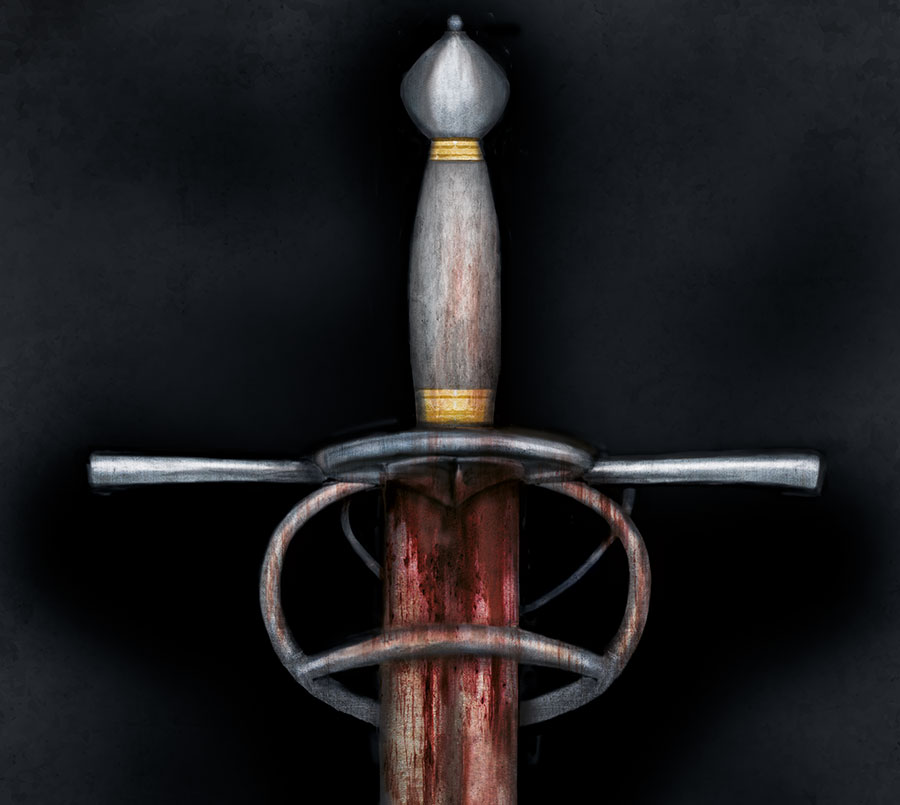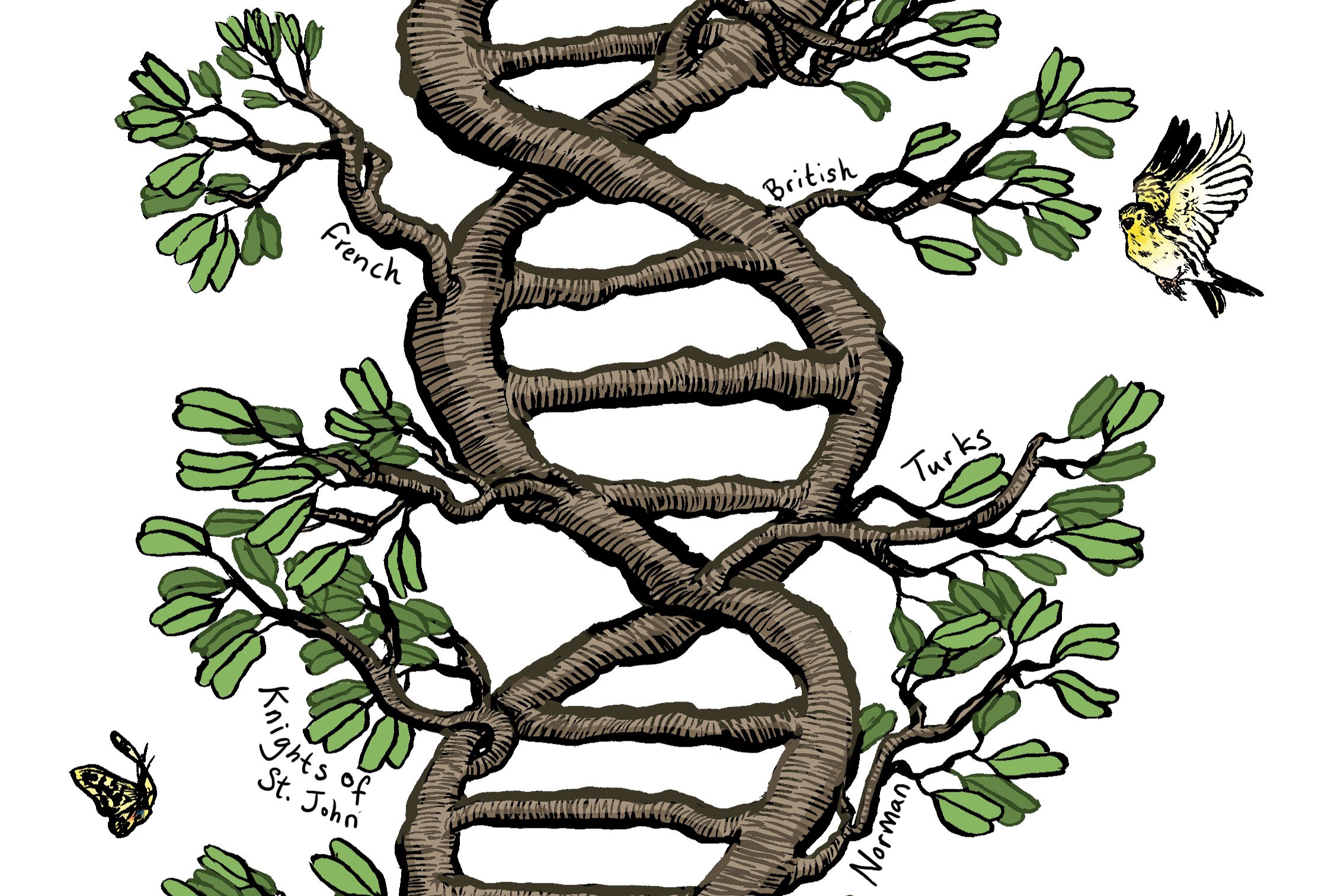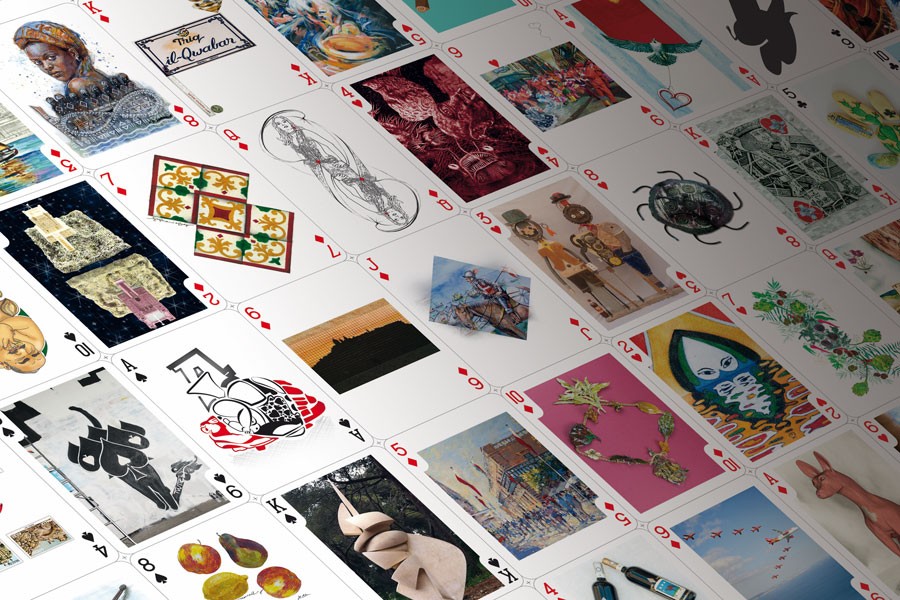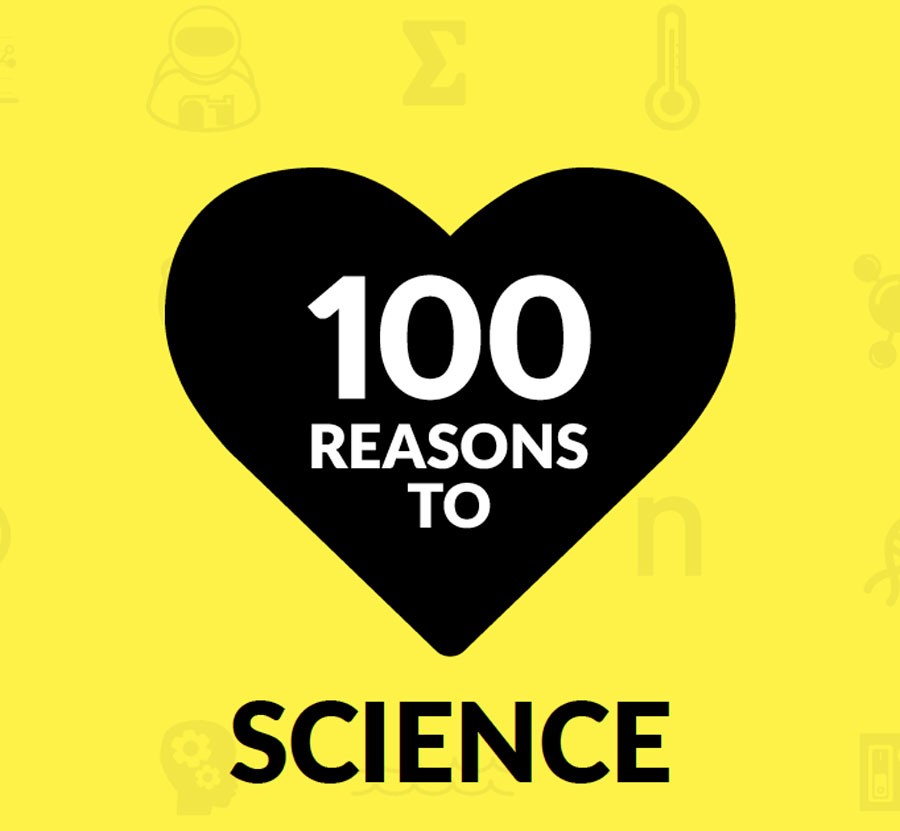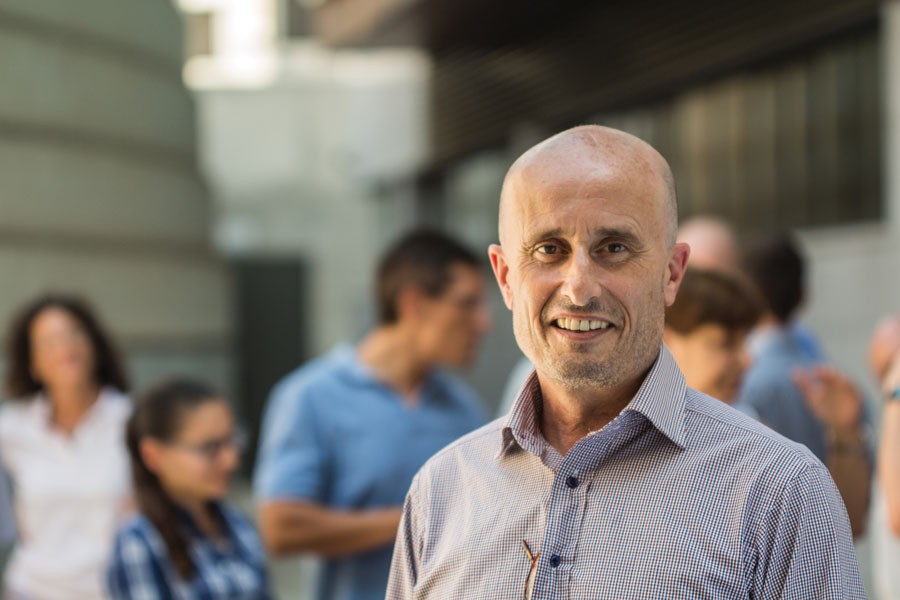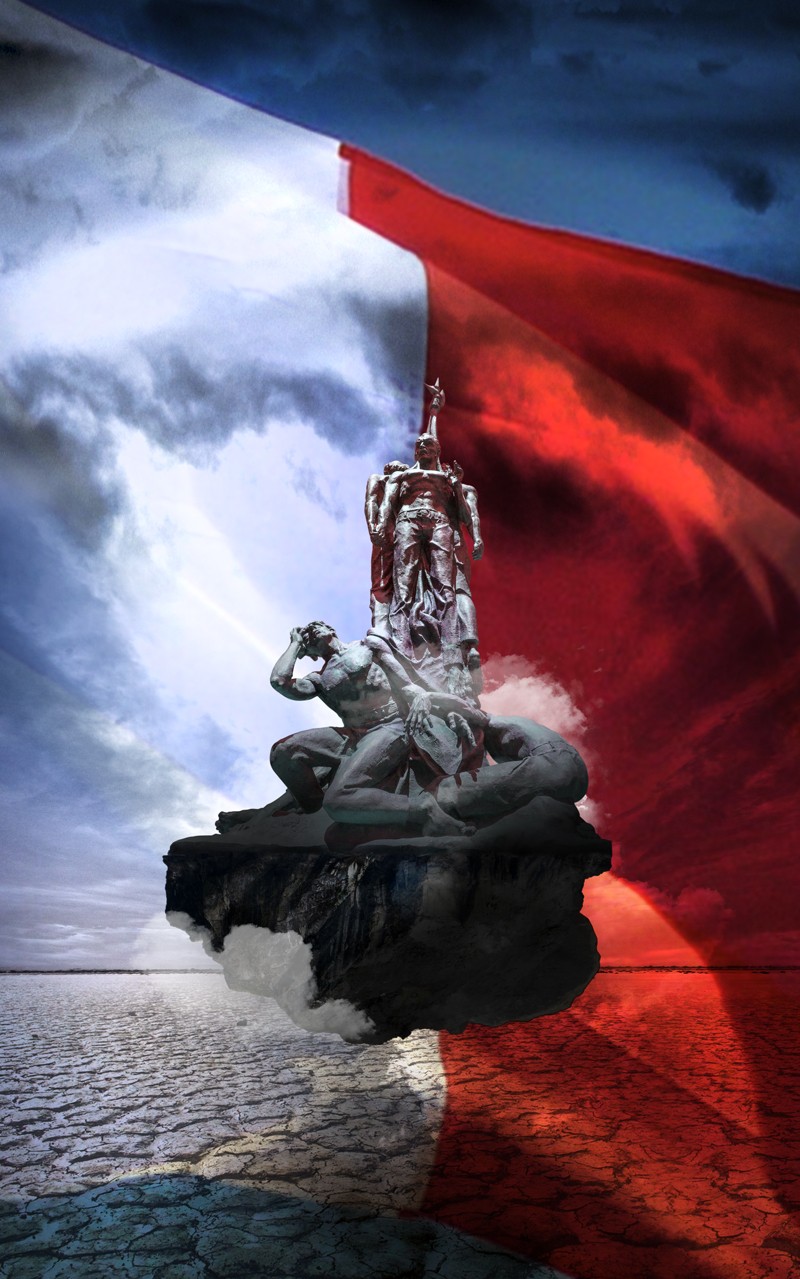A historical discovery does not always equal the unearthing of new documents or artefacts. Sometimes it’s about re-evaluating what we already know. Prof. Victor Mallia-Milanes tells Tuovi Mäkipere more.
The Hidden History of the Maltese Genome
By reading someone’s DNA one can tell how likely they are to develop a disease or whether they are related to the person sitting next to them. By reading a nation’s DNA one can understand why a population is more likely to develop a disease or how a population came to exist. Scott Wilcockson talks to Prof. Alex Felice, Dr Joseph Borg, and Clint Mizzi (University of Malta) about their latest project that aims to sequence the Maltese genome and what it might reveal about the origins and health of the Maltese people.
The State of Africa
Book Review by Dr Jurgen Gatt
Continue readingMalta Playing Arts
Card Game Review by David Chircop
Continue readingThe Science Issue: 100 reasons to love science
Science is everywhere. Understand science and you will see the world differently. The sun becomes a giant nuclear reactor full of beautiful equations keeping us alive, while Facebook can be transformed into maths that describes you and your friends. Whilst the most amazing scientific phenomena are happening inside you right now.
A Faculty Reborn
During the mid-1970s, the Faculties of Science and Arts were closed down, and the Bachelor programmes phased out. Most of the foreign (mainly British) academics left Malta, as did some Maltese colleagues. Those few who stayed were assigned teaching duties at the newly established Faculty of Education and Faculty of Engineering. Relatively little research took place, except when funds were unneccessary, and it is thanks to these few that scientific publications kept trickling out.
In 1987, the Faculties of Arts and Science were reconstituted. The Faculty of Science had four ‘divisions’ which became the Departments of Biology, Chemistry, Physics, and Mathematics. In the same year, I returned from the UK to join the Faculty.
Things gradually improved as more staff and students joined. However, equipment was either obsolete or beyond repair. The B.Sc. (Bachelor of Science) course was re-launched with an evening course. Faculty members worked flat out in very poor conditions. The Physics and Mathematics building was still shared with Engineering. Despite these problems, we had a Faculty and identity. Nevertheless, we wanted our courses to be of international repute—our guiding principle.
During the 1990s, yearly budgets had improved slightly along with experimental facilities. Computers and the occasional capital investment helped immensely. Research output increased, as did student numbers, while postgraduate Masters and Ph.D. students started to appear.
Since 2005, some faculty members have been working hard to secure European Regional Development Funds (ERDF) by submitting proposals to reinforce our research infrastructure. A total of six projects were approved with a combined budget of nearly €5 million. This has resulted in new, state of the art research facilities and an exponential increase in research output, bolstered by additional academic staff and research student numbers of close to 80.
Students are now organised and active through S-Cubed, the Science Students’ Society. This leading organisation is one of the three faculty pillars: the academic and support staff, and the student body. Together, we have made giant strides and the future looks bright.
Special thanks to Prof. Stanley Fiorini who helped us compile our timeline, aided by Prof. Josef Lauri.
MALTA – Stockholm Syndrome (or why we love the British)
Between 1798 and 1800, Malta changed hands twice. The feudal Knights were easily replaced by Napoleonic France, whom the Maltese initially welcomed, then revolted against a mere 82 days later ushering in the British Empire. ‘Why?’ is a mystery lost in the history books that gloss over the period demonising Napoleon while exalting the British who ruled Malta as a colony till independence in 1964. The Editor met Dr Charles Xuereb to find out.
Continue readingBetween 1798 and 1800, Malta changed hands twice. The feudal Knights were easily replaced by Napoleonic France, whom the Maltese initially welcomed, then revolted against a mere 82 days later ushering in the British Empire. ‘Why?’ is a mystery lost in the history books that gloss over the period demonising Napoleon while exalting the British who ruled Malta as a colony till independence in 1964. The Editor met Dr Charles Xuereb to find out.
Continue reading
